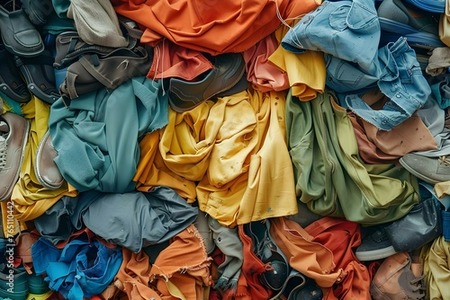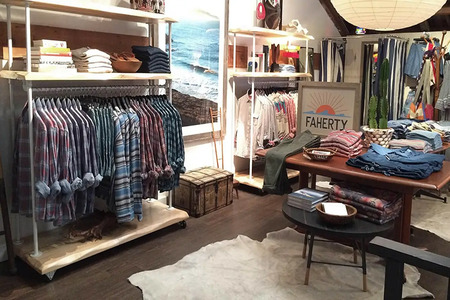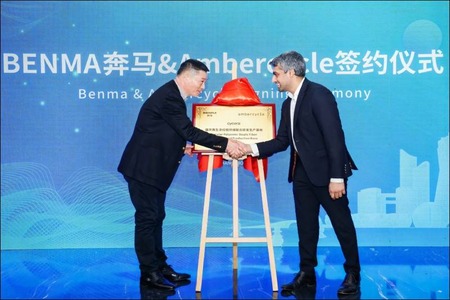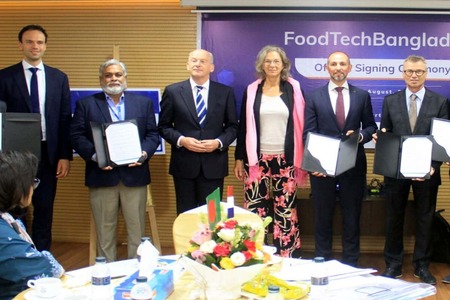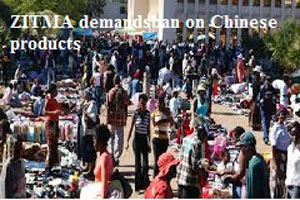
ZITMA demands complete ban on polyester knitted fabric and finished blankets
YarnsandFibers News Bureau 2015-07-09 11:00:00 – ZimbabweThe Zimbabwe Textile Manufacturers Association (ZITMA) demands complete ban on polyester knitted fabric and finished blankets entering the country. The moves comes to protect the local textile industry from collapsing as cheap imports, mainly from China are flooding the market. Industry players told the Parliamentary Portfolio Committee on Industry and Commerce that cheaper imports made local products uncompetitive.
The association urged the Committee yesterday that with immediate effect the tariff codes that carry duty of 10% should be aligned with the tariffs codes that carry duty of 40% plus $2.50 per kg or a complete ban on polyester knitted fabric and finished blankets entering Zimbabwe.
This will enable the manufacturers to create more employment for Zimbabweans and these manufacturers have the capacity to do so, but they are unable to compete with imports flooding the markets as this has a negative impact on industry. The committee was on a mission to see the state of the sector.
The chief executive officer of Tanzi Zimbabwe (Private) Limited Derek Beauchamp told legislators that the main challenges are cheaper imported materials coming into the country through traders where they got large amounts of overheads in the business. They employ 160 people in Twine and Cordage and this product is affecting their jobs, their existence, and the business as a whole.
Waverly Blankets chief executive officer Victor Cohen said that the influx of cheap products has resulted in employment reduction from 54000 in 2008 to 3000 in the sector. They are having the worst blanket season in the history of Waverly. All imported products are coming in from China and they are having difficulty competing with them.
Kingfisher Prints told the committee that cheap imports from China have been allowed to flood the market making it impossible for the local industry to compete as they were being sold at prices which were sometimes below the local cost. This has seen the closure of many textile companies as most people now prefer to import rather than to support the local industry.
Chinese manufacturers are in a position to produce goods at cost or slightly above and still retain profitability as China gives 14 percent to 20 percent export incentives.
Committee chairman Edmund Mhere agreeing that imports are flooding the country has proposed that there must be control at the borders. The committee would go through their findings and present them before the next parliamentary meeting.
Market Intelligence
Ask for free sample Report

experience
Customer Base
dedicated team
Countries Served Worldwide



